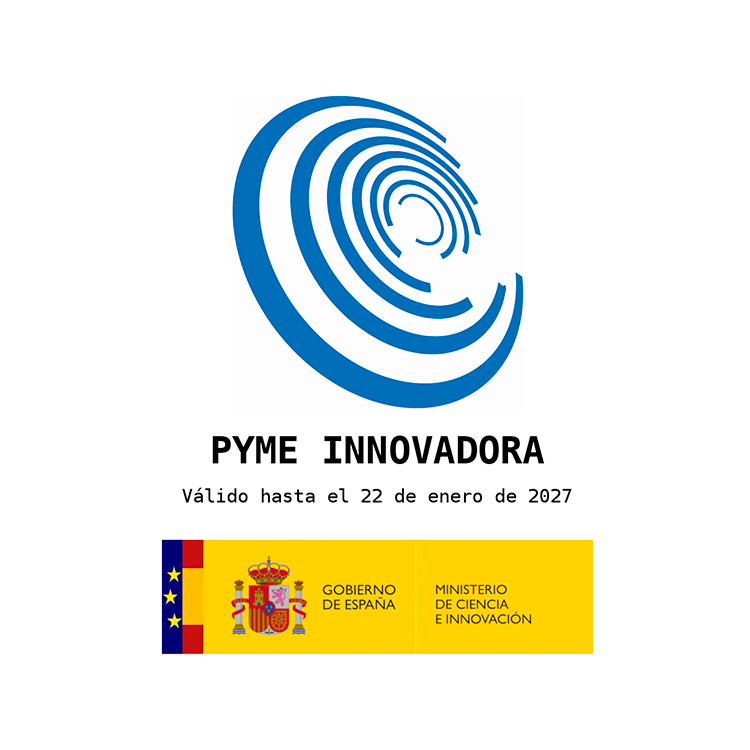Dr Rebecca Coll (Queen’s University Belfast) has joined Viva’s Scientific and Advisory Committee, which continues to be strengthened following the addition of Dr Eduardo Lopez Collazo in January.
Viva continues to grow a project that is set to generate a broad ecosystem in the development of solutions and services for research, pharmaceutical companies and hospitals in the field of inflammasome biomedicine.
Dr Coll and the team at Qeen’s University Belfast are a reference in research focused on inflammation and the molecular processes that trigger this response in the innate immune system.
Their studies have focused on how protein complexes called inflammasomes cause inflammation and how they can be therapeutically targeted to prevent harmful inflammation.
Dr Coll has led the biological characterisation of a small molecule called MCC950 that inhibits the NLRP3 inflammasome, a driver of many prevalent diseases such as type 2 diabetes, Alzheimer’s disease, Parkinson’s disease, gout, multiple sclerosis and atherosclerosis.
His contribution to the Viva Scientific and Advisory Committee will also address the regulation and function of inflammasomes specifically in human cell types such as macrophages.
Once again, we are making progress in the robustness of our business and scientific project, incorporating into our team the international experience of renowned leaders in the sector.
A key element in advancing our challenges, which place us at the forefront of scientific research in the areas of molecular biology and biomedical engineering, has led us to reinforce our practical experience in the management of biotechnological and biomedical laboratories, as well as our demanding management.
The sector thus gives Viva in Vitro the status of a benchmark in the international biomedical context focused on R&D in inflammasomes, both for its research and development in NLRP3, as well as inflammatory processes, and in the provision of cutting-edge solutions and services, with a special emphasis on sepsis.











